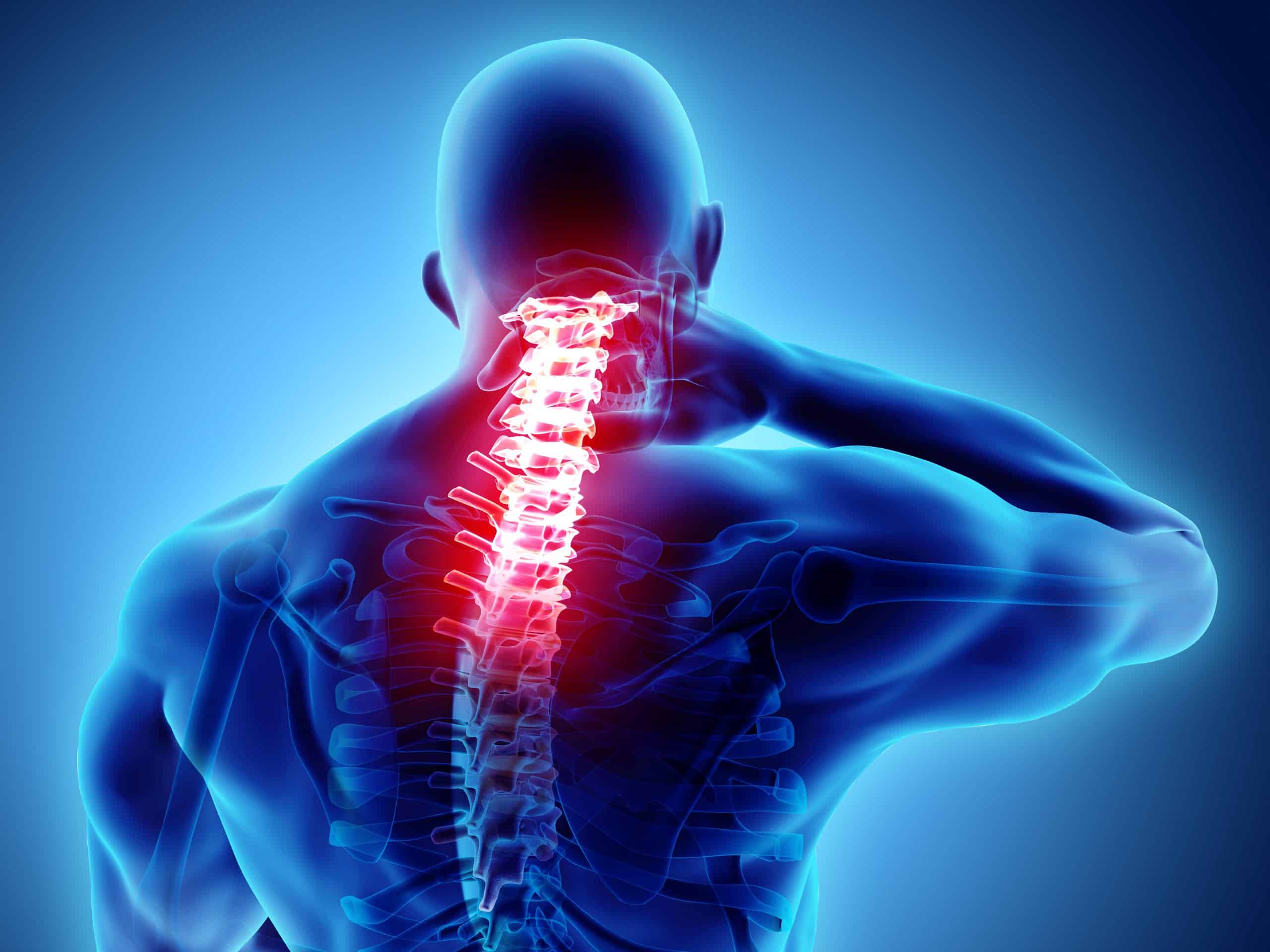If you are one of the 3.5 million people in Australia who suffer from chronic pain, leading an active and fulfilling life may appear to be out of reach for you. However, this may be accomplished with the correct kind of treatment and support. You have probably already been to see your primary care physician, but there are also specialists who are trained in the treatment of pain who can collaborate with your primary care physician and you to help you get relief from your symptoms.
Experts Who Treat Chronic Pain
What conditions do they attend to? There are many distinct kinds of pain, the most common of which are those brought on by operations, injuries, illnesses like diabetes, and damage to nerves. In addition, they alleviate pain that cannot be pinned down to a specific source. They may utilize oral drugs or provide injections directly to the affected area. Click here to get more how to treat chronic pain.
Orthopedic Specialists
What conditions do they attend to? Injuries and disorders that impact your musculoskeletal system, which includes your bones, joints, ligaments, and tendons, can be referred to as musculoskeletal conditions. A good many of them concentrate on treating certain areas of the body, such as the shoulders, hips, or knees. After making a diagnosis of your injury or condition, they will devise a treatment plan for you, which may involve the use of medication. In addition, they could advise you to perform certain exercises (or send you to a physical therapist) to help your body regain its mobility, strength, and function, and they might also instruct you on how to avoid recurrent problems. Because of their extensive training as surgeons, they are able to perform any essential surgical procedures.

Doctors of Osteopathic Medicine
What conditions do they attend to? Osteopathic physicians get additional training in the musculoskeletal system, which includes nerves, muscles, and bones. Although they are comparable to medical doctors in that they have also completed medical school, they carry the letters DO after their names rather than MD.
Rheumatologists
What conditions do they attend to? Rheumatic disorders include arthritis, osteoarthritis, rheumatoid arthritis, tendinitis, and gout, all of which can cause pain, swelling, and stiffness in the joints, muscles, and bones. Other rheumatic diseases include arthritis and osteoarthritis. Medicines or injections of painkillers or substances that reduce inflammation may be used as part of the treatment for tendonitis or joint discomfort.
Physiatrists or Physicians Specializing in Rehabilitation
What conditions do they attend to? Injuries and diseases that impact how you move might have a significant impact. They assess and treat pain connected to nerves, muscles, and bones without the need of surgery. Some of the conditions they treat include carpal tunnel, neck and back pain, sports and work injuries, herniated discs, arthritis, pinched nerves, and concussions. These physicians also address the discomfort that patients experience after surgery.
Therapists that specialize in physical and occupational health
What conditions do they attend to? These experts help people get back on their feet after suffering an accident or undergoing surgery. Your physical therapist could employ techniques such as massage, stretching, heat, ice, and exercise to help alleviate your discomfort and improve your range of motion. They frequently follow out the instructions that have been issued by physiatrists.
Acupuncturists
What conditions do they attend to? Acupuncturists have extensive training to treat a broad variety of painful ailments, such as headaches, knee pain, low back pain, neck pain, sciatica, sprains, and osteoarthritis. Acupuncture can be beneficial for all of these conditions. They use extremely small needles to puncture your skin at certain spots on your body, which are believed to stimulate the healing process. In spite of the fact that the thought of needles may induce anxiety, very few people really experience any pain.
Chiropractors
What conditions do they attend to? Chiropractors treat patients suffering from pain brought on by a wide variety of diseases, injuries, and accidents, including ongoing headaches. Back discomfort is one of the most common reasons why individuals visit a chiropractor. They don’t prescribe drugs, but instead utilise procedures that involve hands-on adjustments to help patients feel better.

How to Pick the Right Pain Specialist for You
Your primary care physician is the best person to advise you on the type of specialist you require and may even be able to provide a referral. When selecting a physician, it is important to enquire about the overall approach they take to the treatment of pain as well as how they would particularly treat you. Choose a physician who:
- Gives the impression of being trustworthy
- Has the necessary education and expertise to treat the sort of pain that you are experiencing. The vast majority will have completed a fellowship in pain medicine, which is additional training on top of a doctor’s regular study in a speciality.
- Is skilled at active listening
- Is “board-certified,” which indicates that they have successfully completed rigors examinations in specialised disciplines such as anaesthesiology, neurology, or physical medicine and rehabilitation
- You are free to disagree with what they say, they actively encourage you to raise questions, and they have a solid reputation in the professional medical world.
Using the Services of a Chronic Pain Specialist
When you go to your initial visit, be sure to bring a copy of all of your medical documents, including any X-rays. In addition to that, make sure you have a list of all of the medications you use, including any natural remedies or supplements. Keeping a pain journal in which, you record how you feel on a daily basis might be therapeutically beneficial.
Your pain will be discussed with you by the doctor when he or she examines you.
- Where the pain is located
- What makes it worse or better
- How the pain feels (for example, does it burn, ache, feel like pins and needles, pound, feel tight or tender?) They will want to know this information.
- What do you believe may have been the cause of it?
- When your pain first started
- How terrible it is
- Any medicines you take for it or any therapies you’ve tried
- When your pain first started
Chronic Pain Management Resources
There are numerous services available to assist you in coping with the issues of chronic pain, in addition to the organisations that have been described above. This list is by no means exhaustive; rather, it is intended to serve as a jumping off point to assist you in locating more sources of assistance.
For more information on chronic pain symptoms, chronic pain resources or effective chronic pain management options, you should book a consultation session with a specialist at Chronic Therapy today, to give you professional advice that will suit your personal experience.
More to read:
The Hidden Harms of Sleep Apnea
Understanding and Combating Sleep Apnea
What you should know about wearing N95 masks

